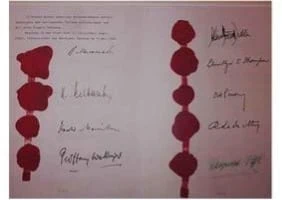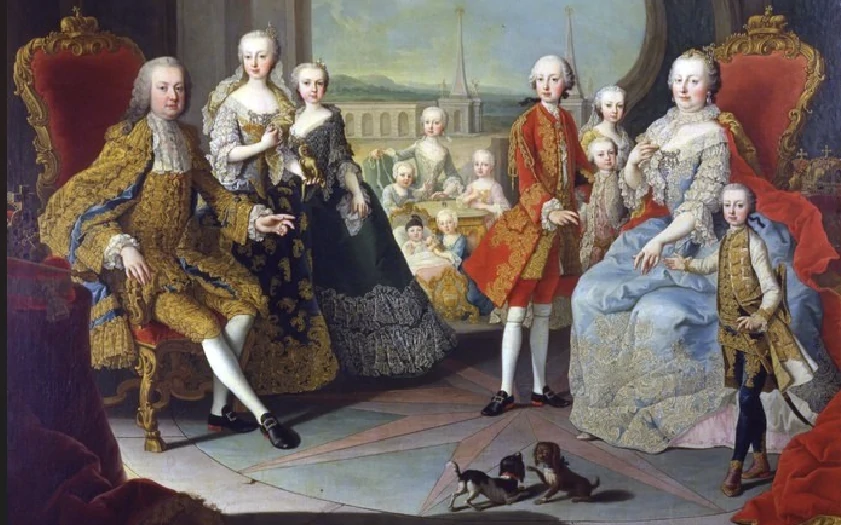What exactly was that about the famous words “Austria is free”? When and where were they spoken and, above all, by whom?
After the Second World War (1939-1945) and the ten years of occupation that followed, Austria regained its independence in 1955 and became a sovereign state. In its most important provisions, the Austrian State Treaty stipulates that Austria is restored as an independent, democratic state within the borders of January 1, 1938.
This was preceded by lengthy negotiations. Drafts to be jointly discussed by the four Allies (USA, Soviet Union, Great Britain, France) from 1946 onwards failed due to the Soviet position on the issue of “German property” in Austria, among other things.
In accordance with a resolution of the Potsdam Conference of August 1, 1945, the occupying powers were able to claim the property of the German Reich located in their zones. While the Western powers left this to the Republic of Austria, the Soviet Union made full use of it.
For a long time, these assets were an obstacle to the conclusion of the state treaty, which had actually been planned for 1950. This delayed it by a further five years. It was not until April 1955 that a change in foreign policy became apparent.
Federal Chancellor Julius Raab and Foreign Minister Leopold Figl were both instrumental in bringing about the State Treaty. Raab is said to have traveled to Moscow with the Austrian delegation immediately after Stalin’s death and persuaded the Russians to give their consent
On the eve of the signing in Vienna, he had beguiled the Soviet Foreign Minister Molotov with zither music , while the hard-drinking Leopold Figl had obtained the deletion of the reference to war complicity from the treaty. Figl is said to have whispered in Raab’s ear: “Raab – now just d’Reblaus and then we’ll be awake”.
The passage was actually deleted from the State Treaty, although we don’t know whether this really had anything to do with the famous “Reblaus” wine tavern song.
The signing of the State Treaty took place on May 15, 1955 in the Marble Hall of Belvedere Palace . The foreign ministers of the four occupying powers were present – Molotov for the Soviet Union, Macmillan for Great Britain, Dulles for the USA and Pinay for France.
Leopold Figl concluded his speech of thanks with the spontaneous words “Austria is free” , which were not included in the protocol. In its report, the newsreel showed Figl presenting the treaty to the cheering people on the balcony. Everyone thought the famous sentence had been shouted to the people from the balcony. This could not have worked at all. Due to the noise level of the cheering crowd, the famous words could not have been heard there.
Time Travel Tip: The Upper Belvedere is home to the famous Marble Hall, from where you have a beautiful view of the city.
Here you will find the top sights in Vienna and more topics about Maria Theresa or Gustav Klimt.



